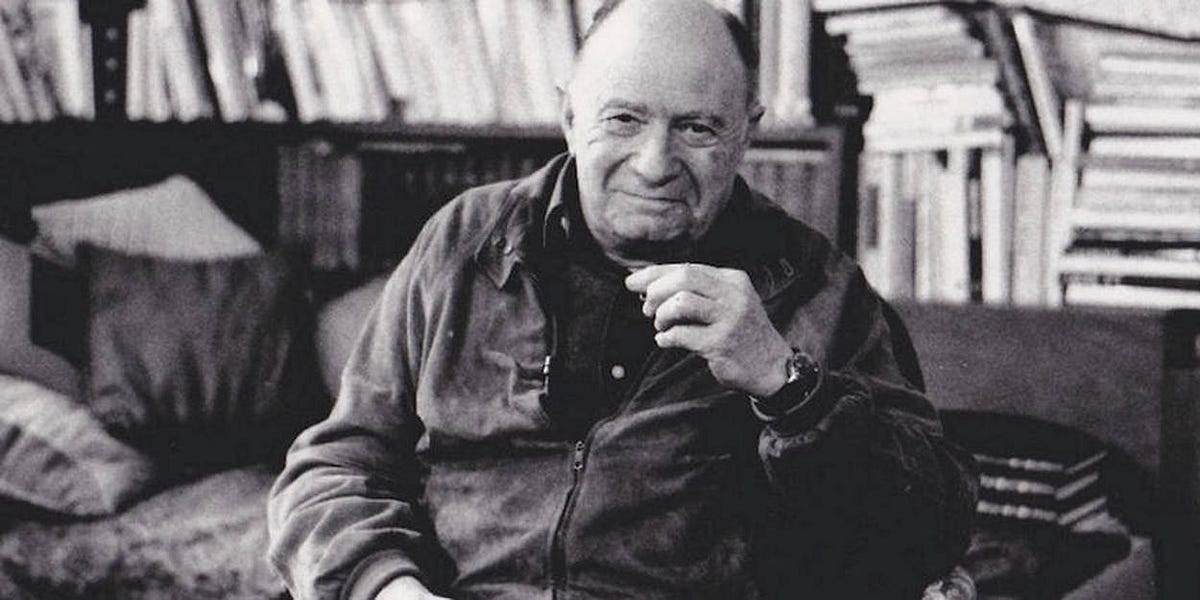The Technological Society, a book that, decades after its publication, feels less like a historical analysis and more like a chilling prophecy unfolding before our eyes. It’s a book that forces us to confront a profound truth: We are not just using technology; we are being used by it.
The common fear is that of robots rising up, or machines taking over, but Ellul points to a far more subtle and insidious threat: the rise of “Technique.” This isn’t simply about machines or gadgets. It’s about the principle of efficiency becoming the dominant force in all human endeavors. Technique, in Ellul’s view, is the search for the “one best means” to achieve any given end. It is the relentless pursuit of the optimal, applied not just to industrial production, but to politics, education, medicine, even our personal relationships. Think about it: data driven decisions, algorithmic recommendations, metrics to measure everything from happiness to productivity. This is Technique at work.
I’ve had arguments with people in simple little games, where the points barely matter at all, because some people get upset if others don’t play for pure efficiency.
Are his books good for non-Christians too?
I haven’t read them yet, but I’m hoping to. It seems like he has some books actually focused on religion, but i’m not sure how much it actually comes up in this one.
If it does at all, it doesn’t seem like he weaponized Christianity against non Christians. His views on it actually sound pretty interesting
Ellul identified himself as a Christian anarchist. Ellul explained his view in this way: “By anarchy I mean first an absolute rejection of violence.” And, “… Jesus was not only a socialist but an anarchist – and I want to stress here that I regard anarchism as the fullest and most serious form of socialism.” For him, this meant that nation-states as the primary sources of violence in the modern era, should neither be praised nor feared, but continually questioned and challenged.
I want to read his “Meaning of the City” because I just like City theory, but I keep postponing in case it’s just Christian morality lessons. The anarchist Christian angle makes this sound more interesting.




